Vitamin E For Acne: Is It Effective?
Make the most of vitamin E with creams, serums, oils, oral supplements, and dietary changes.
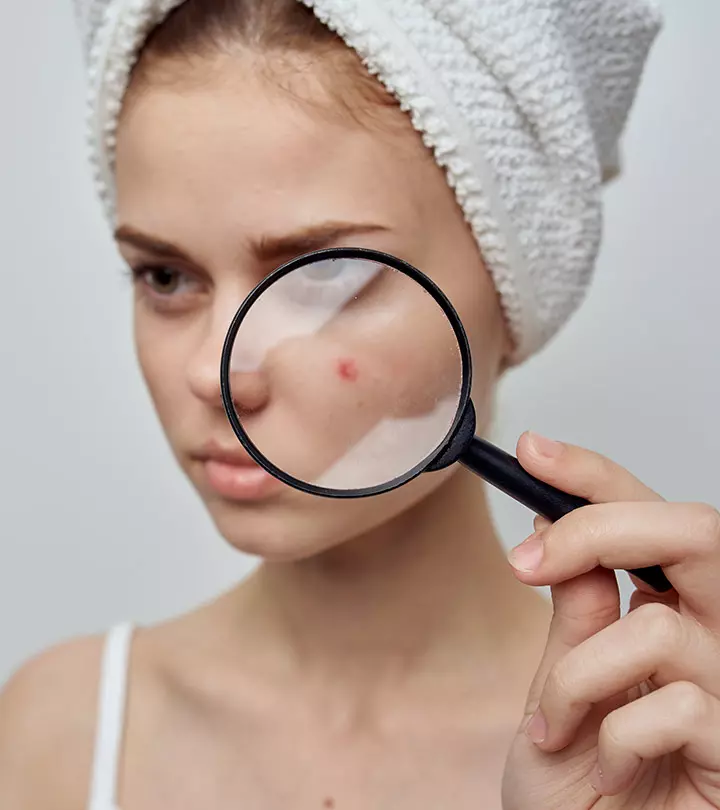
Image: Shutterstock
Vitamin E is a common antioxidant used in many skin care products. It is also a popular natural remedy added in many homemade skin care masks. It offers immense skin benefits. However, many people swear by using vitamin E oil for acne and rave about its acne-soothing properties. But does it really work for acne?
Topical vitamin E oil can improve your overall skin health in many ways. It is a chemical-free skin care ingredient that is not harsh on acne-prone skin. It protects the skin from photoagingi Damage to the skin, like wrinkles or dark spots, caused by long-term exposure to sunlight and ultraviolet (UV) light. and cellular damage to keep it healthy, providing skin protection and skin nourishment. It is also said to aid sebum regulation and skin brightening, which may help reduce acne spots. However, limited scientific research supports vitamin E’s acne healing abilities. This article explores how vitamin E oil may heal acne, ways to use it, and risks. Read on.
In This Article
Is Vitamin E Effective For Acne? What Research Says
Yes. Vitamin E oil is effective for acne, but it largely depends on how you use it. However, there islittle clinical proof regarding the topical efficacy of vitamin E oil on acne and acne scars. There are a few inconclusive studies, but they need further clinical evaluation:
- A study found that using a topical treatment with vitamin E oil before benzoyl peroxide (a medication used for treating acne) could improve the medicine’s efficacy and reduce acne (1). However, further research is needed to prove the results.
- Another study found that a combination of vitamins A and E prevented comedone (small bumps often found on the forehead and chin of those with acne) formation, thus preventing further growth of Propionibacterium acnes that cause acne (2).
Some research suggests that ingesting vitamin E supplements or increasing its dietary intake can help reduce acne.
- A study found that low levels of vitamins A and E in blood plasma could aggravate acne (3).
- Another study conducted on hairless mice found that both topical and oral vitamin E may help reduce UV-induced skin damage, inflammation, and pigmentation (4).
- Theoral intake of a combination of lactoferrini A naturally occurring protein that is usually found in human milk, animal milk, and other bodily fluids. , vitamin E, and zinc was found to reduce acne lesions within two weeks (5). However, further research is needed to draw a better conclusion on the benefits of vitamin E in acne treatment.
Vitamin E oil may work in combination with other ingredients and not just as a single treatment.
Also, it is not clear if taking vitamin E supplements or using them topically works in a particular case. It largely depends on your skin type and how it reacts to vitamin E. Hence, before using vitamin E or taking supplements, it is essential to learn which way will be effective.
However, topical vitamin E can be used for anti-aging benefits. It is observed that the reactive oxygen species (free radicals) can alter the biosynthesis or production of collagen in the skin, speeding up skin aging (6). Vitamin E can work as a free radical scavenger and slow down the aging process.
There are many ways that you can add vitamin E to your skincare routine to reduce acne. You can do it through products, foods, or supplements. We recommend consulting a doctor before figuring out which method to use.
 Did You Know?
Did You Know?Key Takeaways
- Studies suggest that a combination of vitamins A and E oil may prevent the growth of acne-causing bacteria.
- Vitamin E oil can protect the skin from photoaging and maintain overall skin health.
- You can use vitamin E oil or eat seafood, nuts, and spinach to improve your overall skin health.
- Topical application of vitamin E may cause an allergic reaction and further aggravate acne in some people.
Ways To Use Vitamin E For Acne
1. Use Vitamin E oil
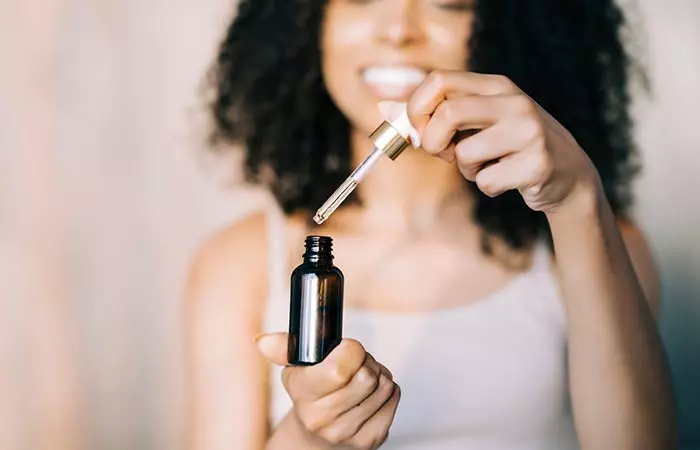
Vitamin E is also available in cream, lotion, and serum forms. Many people squeeze out the oil from vitamin E capsules for topical application. The oil has a thick consistency, making it a good choice for people with dry and flaky skin, working as a moisturizer.
Apply this oil to your face while you sleep, as it furthers the skin healing process during the night. You can apply the oil directly or mix it with your night cream. This DIY skincare can help in pimple prevention, skin rejuvenation, and skin repair. You can also buy products that have vitamin E (alpha-tocopherol) as one of the ingredients. Such products are good for taking overall care of your skin. It may provide skin redness relief when paired with soothing ingredients like aloe vera and rose water.
Jasmin, a beauty and lifestyle blogger, shares how she used vitamin E oil to manage her acne-prone skin. She writes, “Today, I finally have the skin I’ve always wanted: glowy, hydrated, and acne free (i)!” She mentions that she used to have frequent breakouts, many sun spots, scarring, and discoloration. So she started applying the oil twice a day, once in the morning and once at night, religiously. She continues, “But initially, I saw a difference in my skin after the second weekend of use.”
2. Vitamin E Supplements

Vitamin E supplements are available in capsule or tablet forms. However, there is not enough evidence to determine the correct dosage of vitamin E for both topical and oral use (6).
Before considering vitamin E capsules for your skin, it’s important to consult a dermatologist. While these capsules are believed to have anti-aging properties, you may not need them if you’re already getting enough vitamin E from your diet. A dermatologist can conduct a blood test to determine your vitamin E levels, ensuring you’re taking the right supplements for your skin.
Note: Vitamin E supplements may interact with drugs. Talk to your doctor if you are under medication for any other health issue.
3. Vitamin E Through Diet

Vitamin E is naturally found in many food. The richest sources of vitamin E are whole grains, spinach, nuts, sunflower oil, and olive oil (6).Consume foods like (7):
- Nuts and seeds (peanuts, hazelnuts, almonds, sunflower seeds),
- Vegetable oils (sunflower, safflower, and wheat germ oils)
- Seafood
- Green veggies and fruits such as spinach, broccoli, mango, and kiwi
Consult a doctor to find out the recommended dietary allowance of vitamin E for you. The amount of vitamin E you need depends on your age. However, those above 14 years of age (men, women, and pregnant women) need roughly 15 mg of vitamin E daily. If you are lactatingi The procedure of producing and releasing milk from the mammary glands in the breasts after pregnancy. , you may require up to 19 mg of vitamin E daily (7).
 Did You Know?
Did You Know?Using vitamin E (oil, capsule, or supplements) for acne just because it is a widespread practice may also expose you to its side effects.
Vitamin E For Acne: Potential Risks

- Topical vitamin E is safe for the skin unless you are allergic to it. If you are allergic, it may irritate your skin and worsen any existing condition. It may also cause contact dermatitis (8).
- Some vitamin E oils contain certain types of preservatives and stabilizers (a few brands mention them) that may irritate the skin. The US Food and Drug Administration (FDA) does not regulate vitamin E oil. This means the same product from two different brands may have different concentrations and might react differently on your skin.
- Vitamin E oil, creams, and serums may feel a bit heavy on oily skin. If the product’s formula is oil-based, it may result in clogged pores and aggravate acne. Therefore, check the ingredients list and the formulation carefully before buying vitamin E products and supplements for acne. Also, do a patch test and an allergy test to avoid skin irritation and reactions.
- Excess serum vitamin E levels can increase the risk of hemorrhage or bleeding in those who take warfarin (anticoagulanti A class of drugs also known as blood thinners that are used to treat and prevent blood clots in the heart and blood vessels. medicine) (9).
Other than vitamin E, the dermatologist may suggest other OTC treatment methods for effective acne management.
Other Treatments To Try
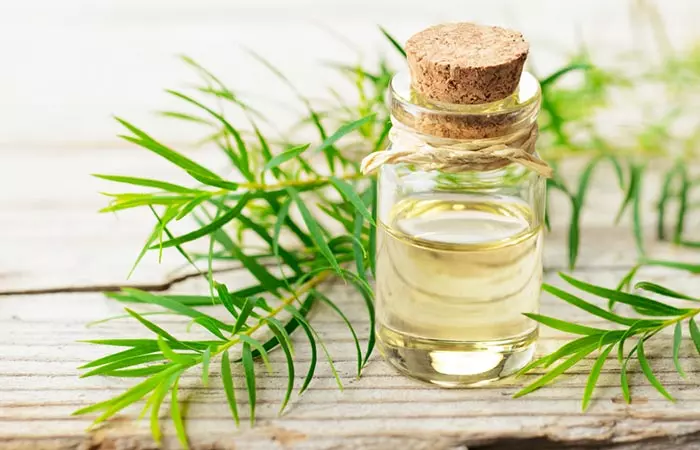
- Salicylic Acid: This beta-hydroxy acid (BHA)disrupt the cellular junctions to stimulate natural exfoliation and prevent come done or acne formation (10). It works best for mild acne (whiteheads and blackheads).
- Alpha-Hydroxy Acids: AHAsexfoliate the skin to reduce come done formation (10).They minimize visible flaking, improve cell turnover, and reduce the appearance of acne scars.
- Tea Tree Oil: It has antimicrobial and anti-inflammatory properties that minimize acne-causing bacteria and reduce the severity of acne lesions (11). This thereby helps with skin irritation relief and skin calming.
- Benzoyl Peroxide: It has antibacterial properties that reduce acnes and S. aureus to improve acne lesions. However, it may irritate the skin if not used in proper concentrations (10). Consult a doctor before using benzoyl peroxide.
- Sulfur: It works as a keratolytic (exfoliating) agent and is often used for soothing acne and seborrheic dermatitisi An inflammatory skin disorder that primarily affects the scalp and results in red skin, itchy rash, and scaly patches. (10).
- Retinoic Acid: This metabolitei A substance produced by the body during the breakdown of food or medications, as well as its own tissue, such as fat or muscles. of vitamin A is also known as tretinoin and is often used for acne management. Using retinoic acid with glycolic acid (AHA) was found to improve acne scarring and promote skin regeneration (12).
In contrast, the acne treatments mentioned above work in different ways, such as controlling oil production, improving cell turnover, exfoliating dead skin cells, etc. However, all skin types may not respond well to these medications. Consult a doctor to understand which ingredient may suit your skin in what concentration. They can help you create a skincare routine that addresses your unique needs without causing irritation or imbalances.
Take proper care before introducing your skin to a new ingredient. This is the best way to avoid any complications.
While vitamin E may help treat acne, there are certain precautions you must take. Know more in the next section.
Precautions To Take While Using Vitamin E For Acne
- Conduct A Patch Test: Before applying vitamin E oil or creams, conduct a patch test on a small area of your skin to check for any allergic reactions.
- Use Non-Comedogenic Products: Choose non-comedogenic vitamin E products to reduce the risk of aggravating acne.
- Dilute The Vitamin E: Try to dilute the vitamin E oil with a carrier oil (like jojoba or almond oil) before applying it to your skin. Pure vitamin E oil may be too strong and might irritate the skin.
- Apply Evenly: Apply a thin layer of the vitamin E product. Using too much may block the pores.
- Use It Consistently: Use vitamin E products consistently, but in moderation. Overuse may lead to skin issues.
Despite using vitamin E, you may still need to visit a doctor. Check out the next section to understand more.
When To See A Doctor
Consult a doctor if:
- You have severe acne.
- You notice deep and large cystsi Unusual, typically non-cancerous growths that are occasionally painful and filled with liquid or a semi-solid substance. .
- Acne is not responding to treatment after 3-4 weeks.
- You notice skin peeling, blemishes, and redness.
Infographic: How To Use Vitamin E Oil For Acne
Dealing with acne can be a struggle. Worry not, as vitamin E oil might hold the key to clearer skin. This ingredient offers a holistic approach to tackling acne, from reducing inflammation and redness to aiding skin repair and preventing scarring. The infographic below lists the different ways you can incorporate vitamin E oil into your daily routine. Check it out for more information!

Illustration: StyleCraze Design Team
Vitamin E oil is an excellent solution for improving overall skin health. However, its efficacy for treating and managing acne remains inconclusive. If you want to use vitamin E oil for acne, you can try using serums and other products containing the ingredient. You may not get immediate results, and you have to use vitamin E consistently for at least a month before switching to other treatment methods. However, remember that it may not treat severe acne. You must consult a doctor and use prescribed medications and ointments.
Frequently Asked Questions
Can vitamin E remove acne scars?
While many individuals use vitamin E oil for scars, there is no conclusive evidence of its efficacy in treating or preventing acne scars. Further research is required to back any claims regarding the same (13).
Can I use vitamin E on face every day?
Yes, vitamin E oil can be safely applied to the face every day to improve overall skin health.
Is it safe to use vitamin E on sensitive skin?
Vitamin E is relatively safe for all skin types, however, it is advisable to do a patch test before applying any new skincare product on sensitive skin.
How should vitamin E be applied to the skin for treating acne?
You can either add vitamin E oil to another light carrier oil like jojoba oil and apply it to your face or add vitamin E oil or capsule to your regular serum and apply it over the acne lesions.
Does vitamin E remove dark spots?
Vitamin E can be effective in removing dark spots or pigmentation caused by excess sun exposure. It is also helpful in treating mild conditions of melasma through the inhibition of tyrosinase (6).
Can we apply vitamin E capsule on face overnight?
Yes, you can squeeze out the contents of a vitamin E capsule and add it to any of your nighttime skin care products and apply it overnight.
Illustration: How To Use Vitamin E For Acne
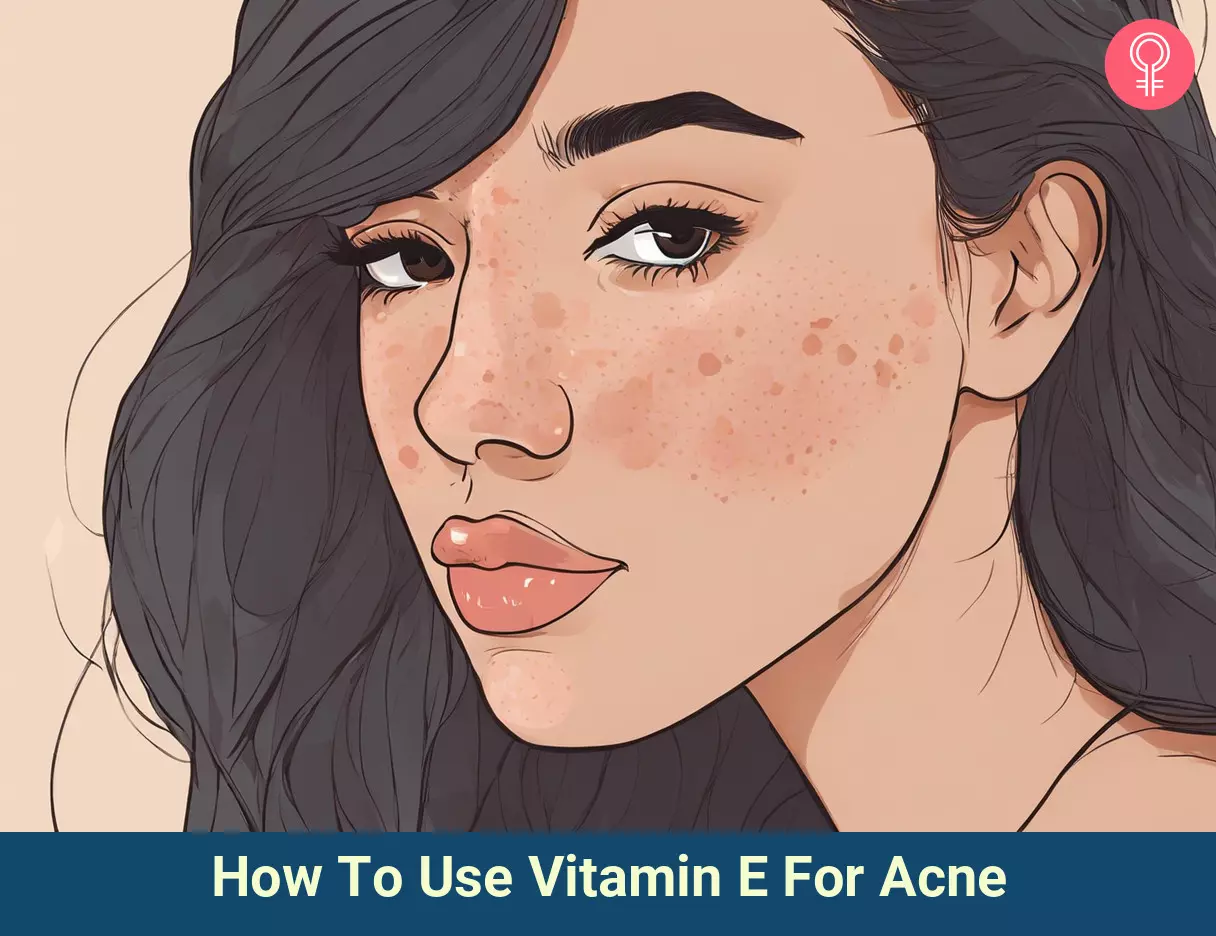
Image: Stable Diffusion/StyleCraze Design Team
Do you wish to unlock the secrets of radiant and clear skin? Look no further than vitamin E oil. This video focuses on the top 5 uses of vitamin E oil to reduce uneven skin tones, dark spots, and wrinkles. Check it out!
Personal Experience: Source
StyleCraze's articles are interwoven with authentic personal narratives that provide depth and resonance to our content. Below are the sources of the personal accounts referenced in this article.
i. Vitamin E Oil: Beauty’s Best Kept Secrethttps://alllthatjas.wordpress.com/2019/03/27/vitamin-e-oil-beautys-best-kept-secret/
References
Articles on StyleCraze are backed by verified information from peer-reviewed and academic research papers, reputed organizations, research institutions, and medical associations to ensure accuracy and relevance. Read our editorial policy to learn more.
- Addressing Free Radical Oxidation in Acne Vulgaris
https://www.ncbi.nlm.nih.gov/pmc/articles/PMC4756869/ - Acne vulgaris: therapy directed at pathophysiologic defects
https://pubmed.ncbi.nlm.nih.gov/6455256/ - Does the plasma level of vitamins A and E affect acne condition?
https://pubmed.ncbi.nlm.nih.gov/16681594/ - Effects of topical and oral vitamin E on pigmentation and skin cancer induced by ultraviolet irradiation in Skh:2 hairless mice
https://pubmed.ncbi.nlm.nih.gov/11341050/ - A randomized, double-blind, placebo-controlled trial to determine the efficacy and safety of lactoferrin with vitamin E and zinc as an oral therapy for mild to moderate acne vulgaris
https://pubmed.ncbi.nlm.nih.gov/28369875/ - Vitamin E in dermatology
https://www.ncbi.nlm.nih.gov/pmc/articles/PMC4976416/ - Vitamin E
https://ods.od.nih.gov/factsheets/VitaminE-HealthProfessional/#h3 - Vitamin E and allergic contact dermatitis
https://pubmed.ncbi.nlm.nih.gov/20487657/ - Vitamin E Serum Levels and Bleeding Risk in Patients Receiving Oral Anticoagulant Therapy: a Retrospective Cohort Study
https://www.ncbi.nlm.nih.gov/pmc/articles/PMC3886776/ - Over-the-counter Acne Treatments
https://www.ncbi.nlm.nih.gov/pmc/articles/PMC3366450/ - Melaleuca alternifolia (Tea Tree) Oil: a Review of Antimicrobial and Other Medicinal Properties
https://journals.asm.org/doi/10.1128/cmr.19.1.50-62.2006 - Retinoic acid and glycolic acid combination in the treatment of acne scars
https://www.ncbi.nlm.nih.gov/pmc/articles/PMC4375771/ - 13. The Role of Topical Vitamin E in Scar Management: A Systematic Review
https://academic.oup.com/asj/article/36/8/959/2613951
Read full bio of Dr. Nicholas Jones
Read full bio of Ramona Sinha
Read full bio of Eshna Das
Read full bio of Krati Darak







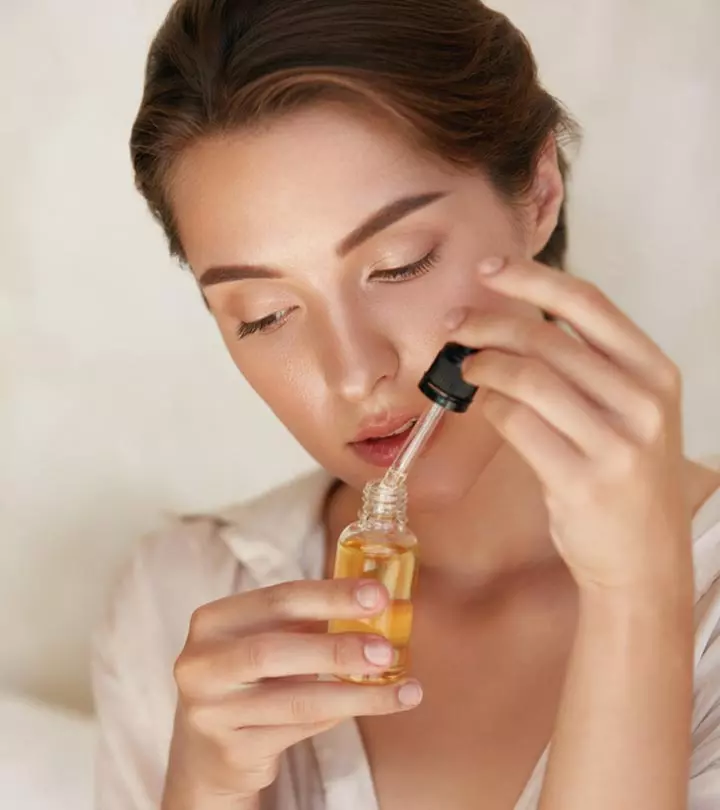

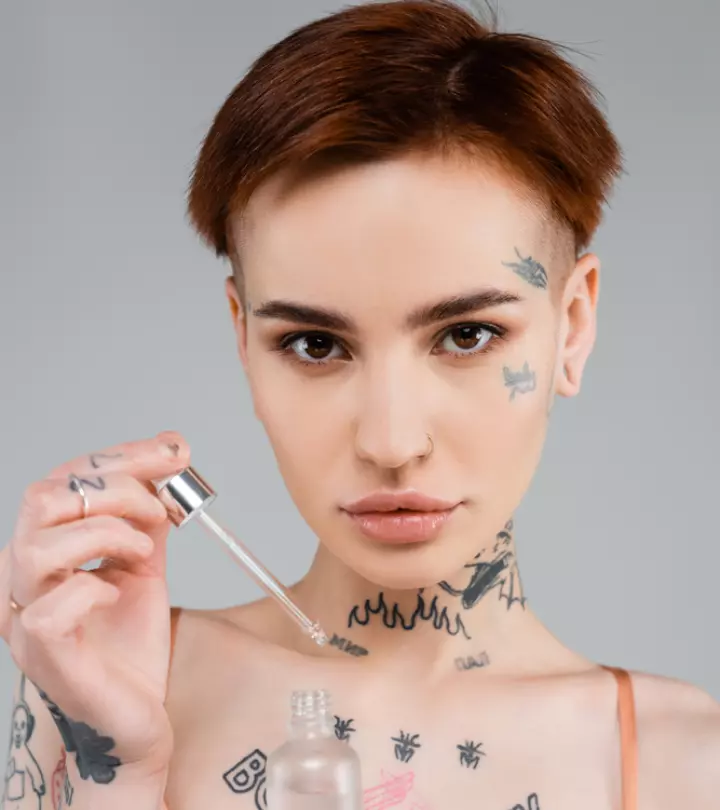
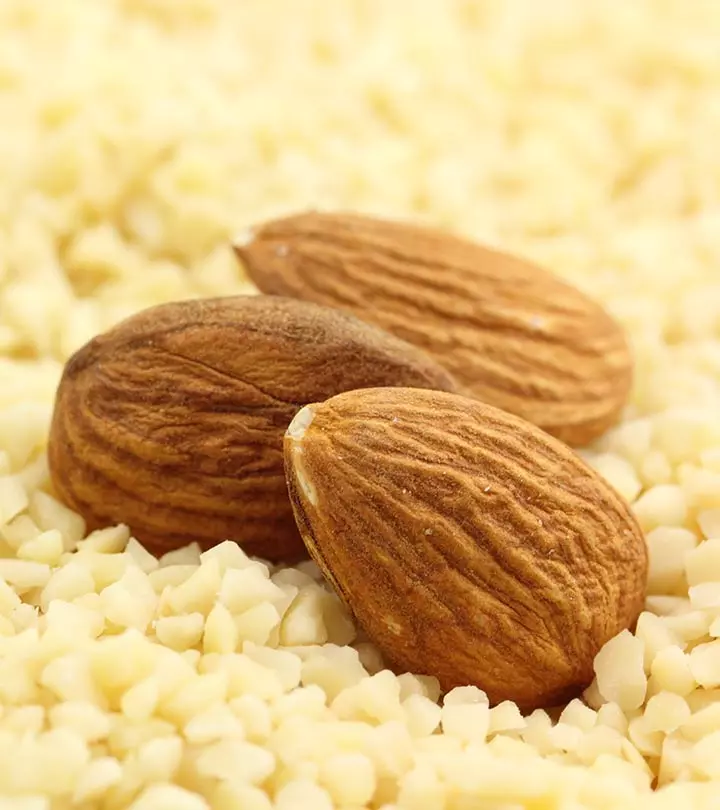
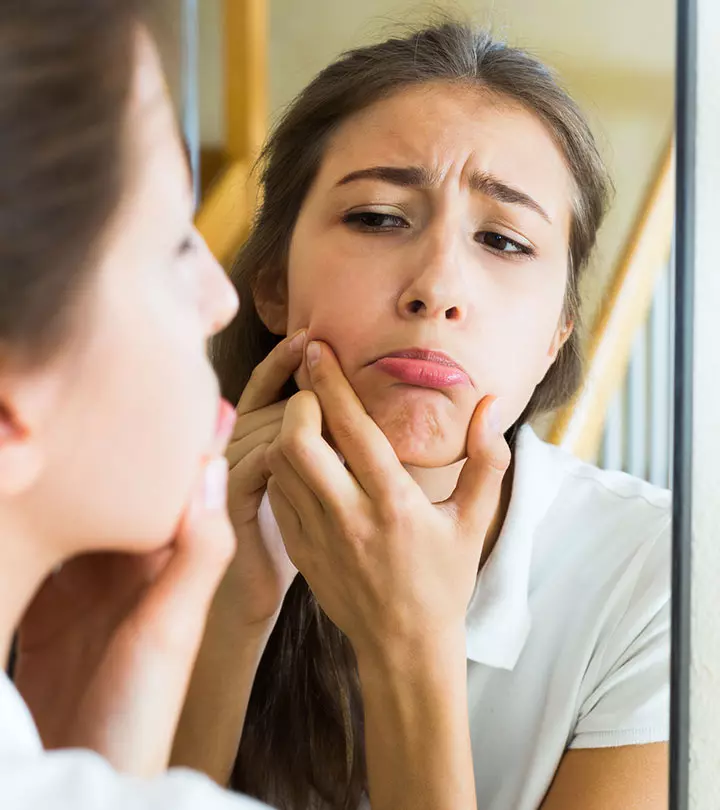

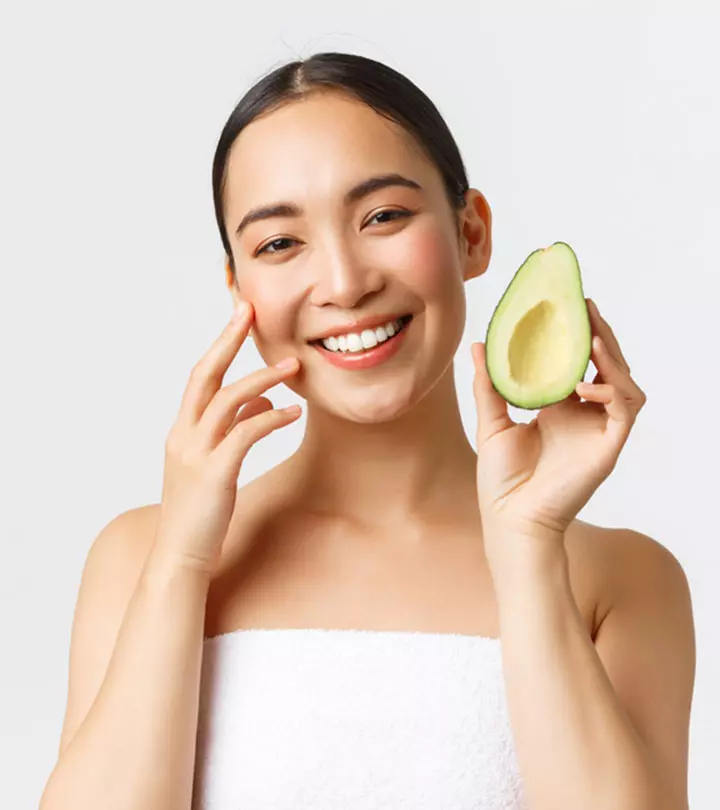
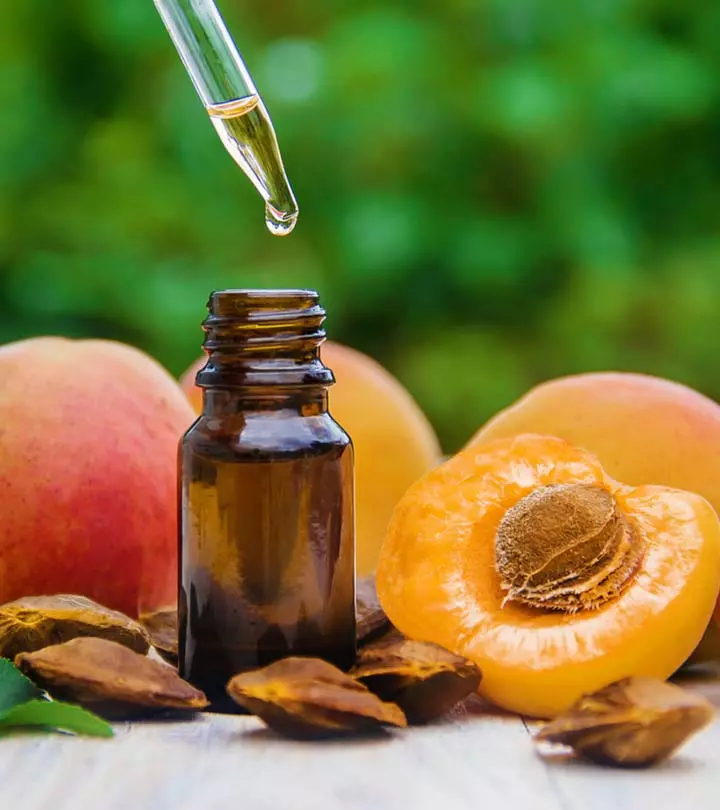
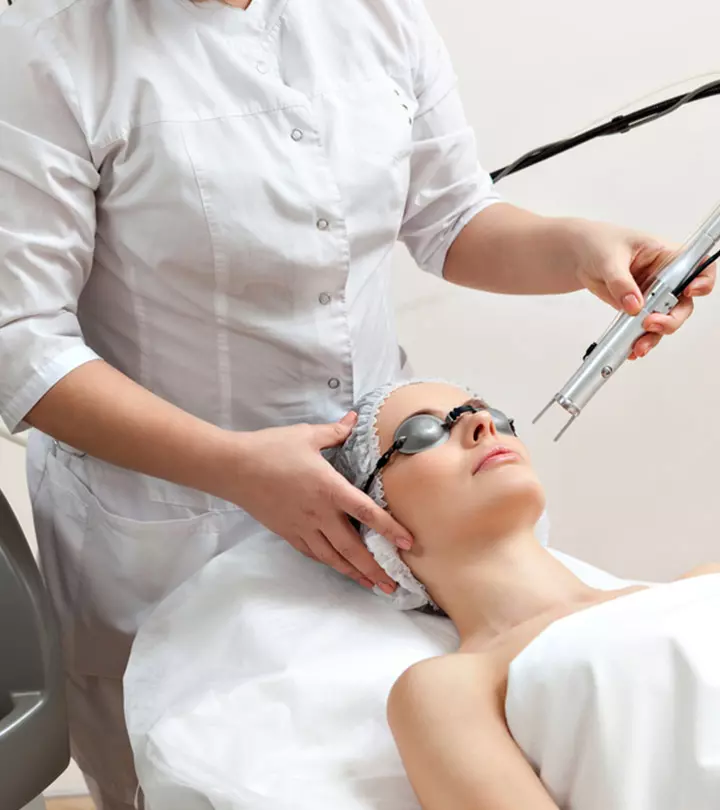
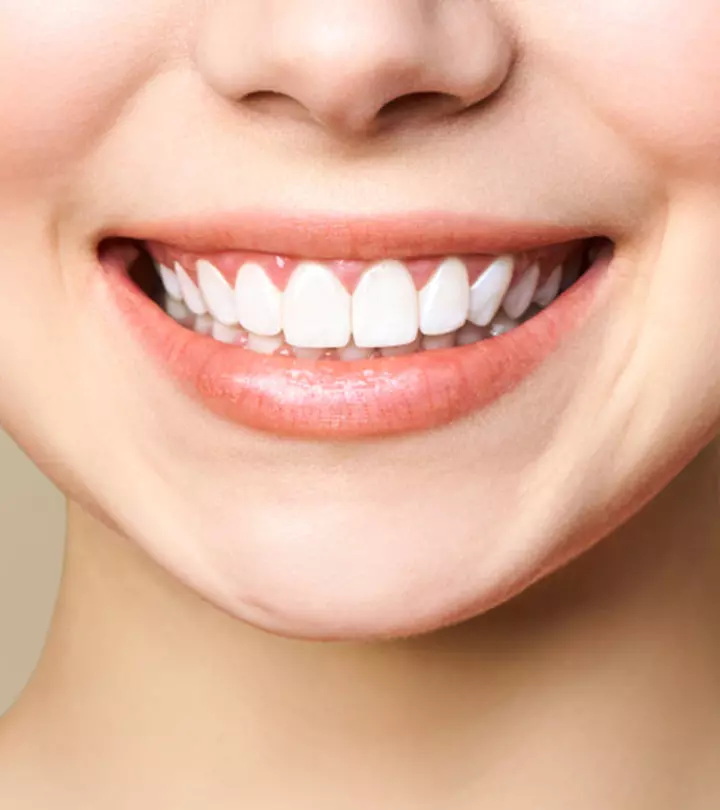






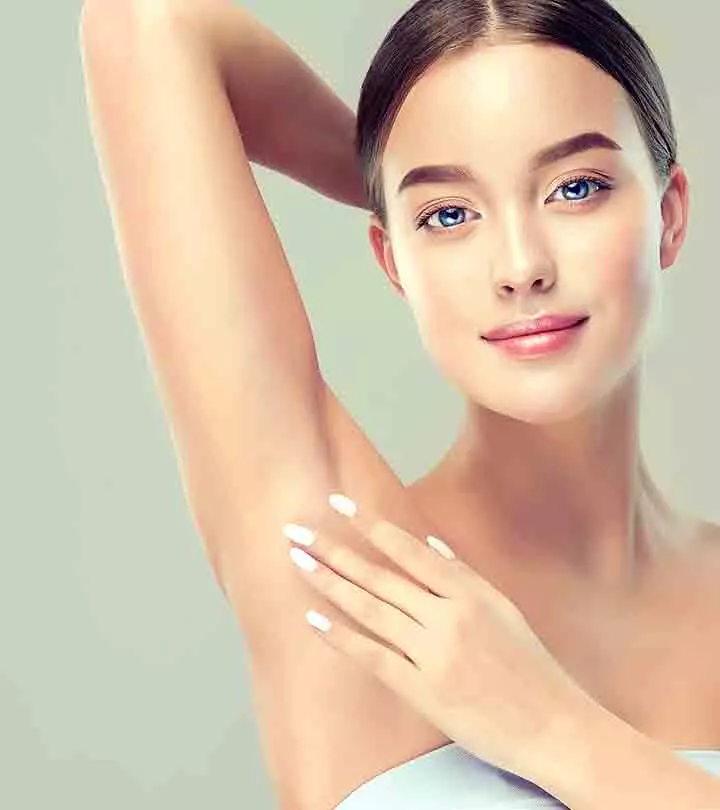



Community Experiences
Join the conversation and become a part of our empowering community! Share your stories, experiences, and insights to connect with other beauty, lifestyle, and health enthusiasts.